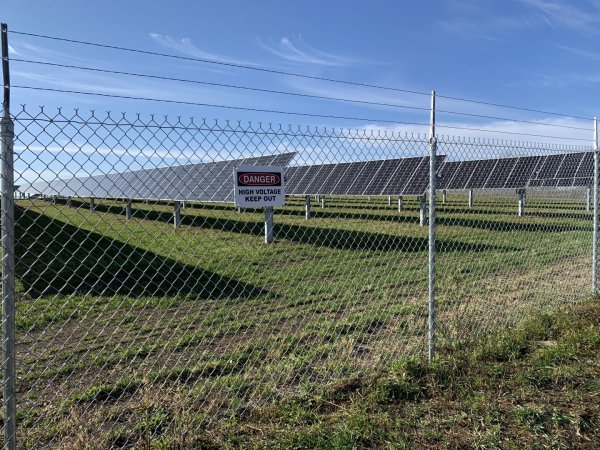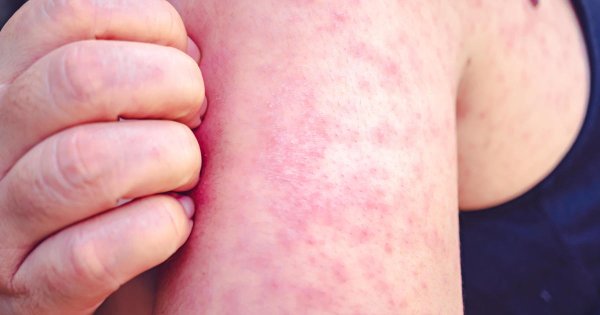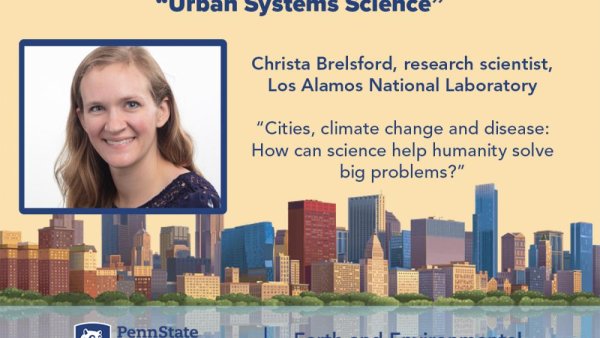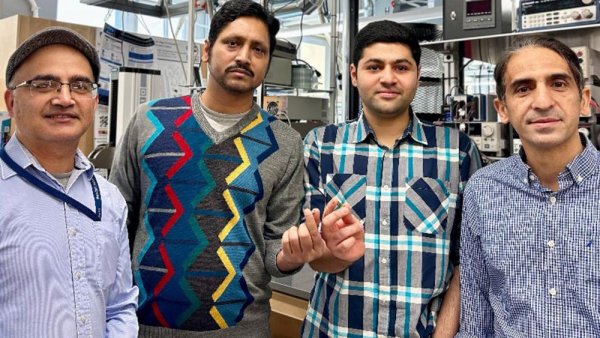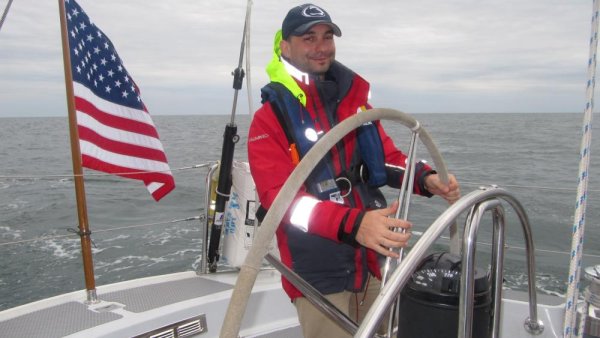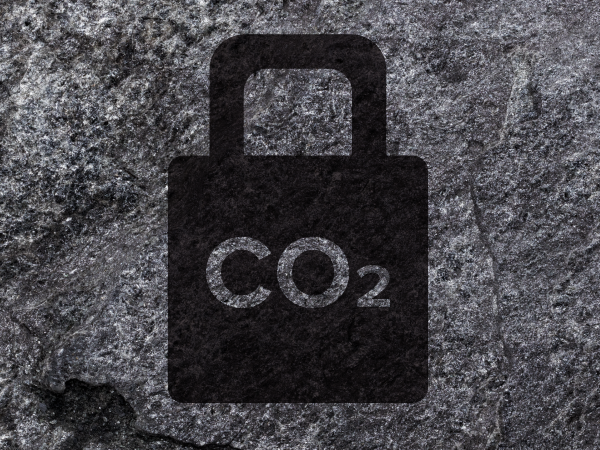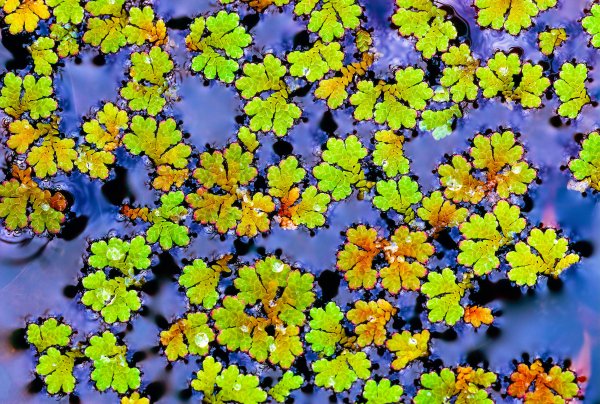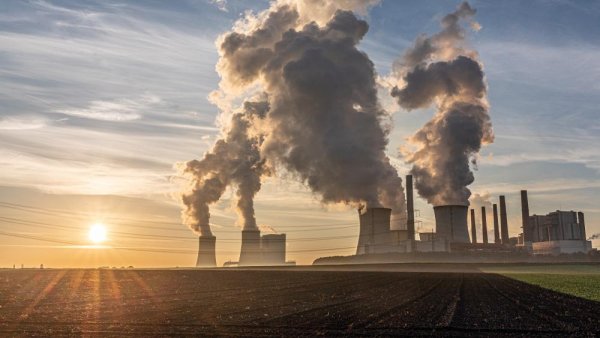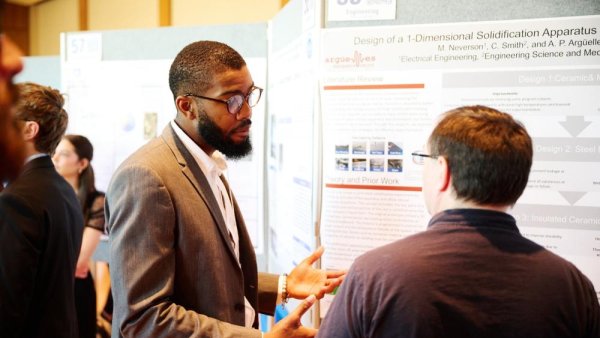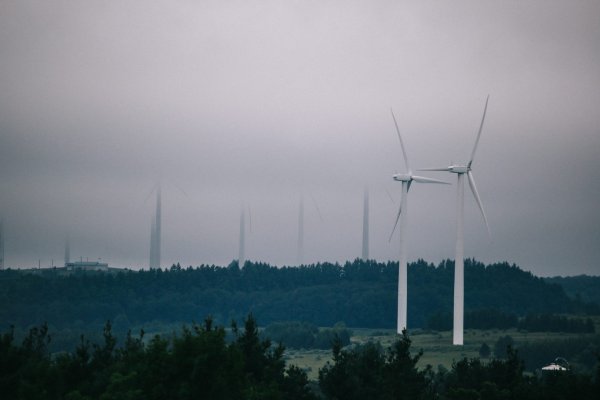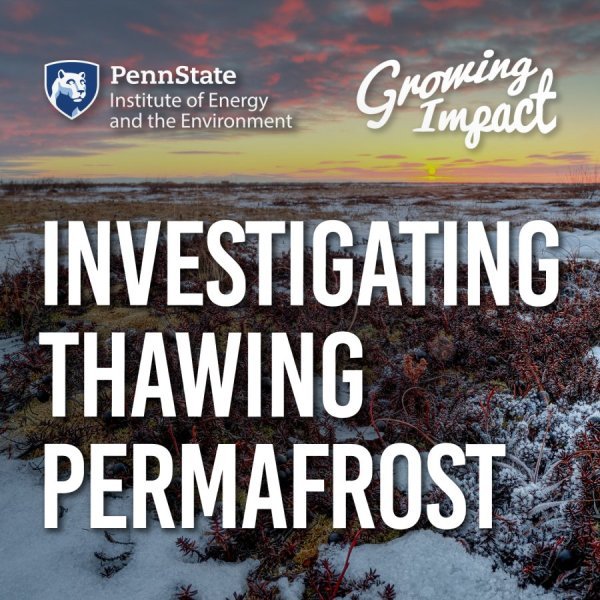Penn State study shows themes for farmers negotiating solar leases
| stateimpact.npr.org
Profit alone isn’t enough for farmers to sign over control of their land.
Measles cases rose 79% globally last year, WHO says. Experts explain why.
| cbsnews.com
The World Health Organization is warning about the rapid spread of measles around the world. As a Florida school district deals with confirmed cases, experts share why we're seeing the rise. This article quotes Matt Ferrari, director of the Center for Infectious Disease Dynamics and professor of biology.
Feb. 26 EarthTalks: How science can help solve big problems facing humanity
| psu.edu
Christa Brelsford, research scientist at Los Alamos National Laboratory, will give the talk, “Cities, climate change and disease: How can science help humanity solve big problems?” at 4 p.m. on Monday, Feb. 26, via Zoom.
Dual-energy harvesting device could power future wireless medical implants
| psu.edu
A new wireless charging device developed by Penn State scientists could dramatically improve powering capability for implantable biomedical devices — like pacemakers, insulin pumps and neurostimulators — while still being safe for our bodies, the researchers said.
Cervone named interim director for the Institute for Computational Data Sciences
| psu.edu
Guido Cervone, a renowned expert in computational science and geoinformatics, will become the interim director of the Institute for Computational Data Sciences, effective April 1. He will take over from Jenni Evans, professor of meteorology and atmospheric science, who will retire in June 2024 after a distinguished career at Penn State.
Carbon sequestration and mineralization
| by Anne Menefee
Addressing the incontrovertible risks of climate change requires deep decarbonization. In addition to green measures like upscaling renewables and improving energy efficiency, there is broad scientific consensus that large-scale carbon capture and sequestration (CCS) remains critical to limiting global temperature rise below 2°C.
Carolina azolla plant could help reduce global food insecurity
| earth.com
Researchers from Penn State have shed light on a remarkable yet underappreciated plant to fight food insecurity: Carolina azolla.
Geography professor explores historical cartography in 'The Living Black Atlas'
| psu.edu
Joshua Inwood, professor of geography and African American studies at Penn State, recently co-authored the article, "The Living Black Atlas: Learning Geospatial Ethics from the African American Freedom Struggle." The article delves into the historical significance of cartography within African American communities and its role in resistance, storytelling and community empowerment.
Machine learning to monitor stored CO2 saves cost and time, researchers report
| psu.edu
Incorporating field data for the first time, Penn State researchers showed machine learning can be a powerful and cost-effective tool for monitoring sequestered carbon dioxide, overcoming a hurdle for the burgeoning technology aimed at combating climate change. The team published their new approach in the International Journal of Greenhouse Gas Control.
2024 Undergraduate Exhibition applications open
| psu.edu
Penn State undergraduates from all campuses are invited to participate in the 2024 Undergraduate Exhibition for Research, Inquiry, and Creative Activity. The virtual exhibition will be open April 15-17, with an in-person component at the University Park campus on Wednesday, April 17.
Penn State approves $115M laboratory renovation
| wtaj.com
The Penn State University Board of Trustees approved the renovation of Osmond Laboratory at its meeting on Friday, Feb. 16.
Pa. environmental, religious and other groups criticize Shapiro plan for ignoring climate change
| stateimpact.npr.org
More than 100 advocacy groups say Shapiro’s “fossil fuels-first all-of-the-above energy strategy” does not move at the speed of climate change.

